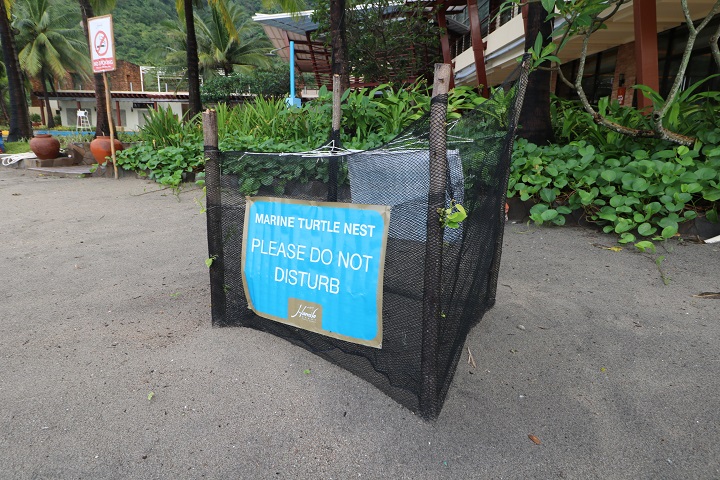
Flaunting breathtaking vistas, a plethora of recreational opportunities, and posh residential enclaves, Hamilo Coast is, without a doubt, an oasis for city-weary urbanites. But what makes the 40-hectare prime leisure resort community truly a sanctuary is its commitment to nurturing nature, above all else.
Since the year 2007, Costa Del Hamilo, Inc. (CDHI), developer of Hamilo Coast and World Wide Fund for Nature Philippines (WWF) have been working on key areas for sustainability—coastal resource management, ridge-to-reef management, solid waste management, mangrove reforestation, the use of renewable energy sources, and environmental awareness.
Hamilo Coast has, in fact, declared three of its coves—namely Pico de Loro, Etayo, and Santelmo—as Marine Protected Areas (MPA). This act serves to further safeguard ecosystems for marine life; protect threatened and endangered species and preserve their habitats; and cultivate marine resources, among others.
For instance, Hamilo Coast has manifested its readiness to take care of Olive Ridley Sea turtles which has made the development its nesting ground. Olive Ridley Sea turtles, so-called for their olive-green color, are known for their heart-shaped shells and are considered to be among the world’s smallest sea turtles. The females of the species return to the same beach they hatched on to spawn or lay their own eggs, and bury them in sand nests to incubate for 45 to 72 days.
To keep these eggs safe and undisturbed, Hamilo Coast estate personnel install nest cages and monitor these regularly, following the guidelines of World Wide Fund for Nature Philippines (WWF). With nest cages protecting the eggs from predators, their chances for survival significantly rise. In just a few weeks, these eggs will crack, and hatchlings will emerge within three to seven days to reach the surface and race towards the ocean.

Franklin M. Bolalin, CDHI Assistant Vice President for Estate Management and Operations asserts, “protecting the turtles is just one of several measures we take to make Hamilo Coast a safe haven, not just for its residents and guests but also for marine wildlife.”
Bolalin likewise affirms that, after all, a majestic and sustainable sanctuary has always been part of Costa del Hamilo’s vision for Hamilo Coast.
Just recently, turtle hatchlings were released to the ocean by the SM Leisure Resort Residences team in Pico de Loro Cove. New nest cages were also installed in Santelmo Cove, awaiting the hatchlings’ emergence in the weeks to come. A total of 56 Olive Ridley Sea Turtles have been released as of mid-November 2022 in Hamilo Coast.

Protecting the Olive Ridley Sea turtles is just one of CDHI’s ways of establishing sustainable practices. In partnership with WWF, CDHI has been expanding and enhancing the scope of its sustainability program as part of a long-term strategic framework in the Hamilo Coast development.
As a result, Hamilo Coast is a recipient of the Longest Sustainability Partner award from the World Wide Fund (WWF) for Nature Philippines. The recognition now further inspires it to embrace sustainable tourism and develop its area without compromising the quality of water and wildlife in the vicinity.
“Our sustainability efforts, in partnership with WWF, have created a positive impact in the Philippine tourism industry,” Bolalin relates. “We hope to continue encouraging seaside developments in the country to prioritize the conservation and protection of our beautiful marine resources.”

